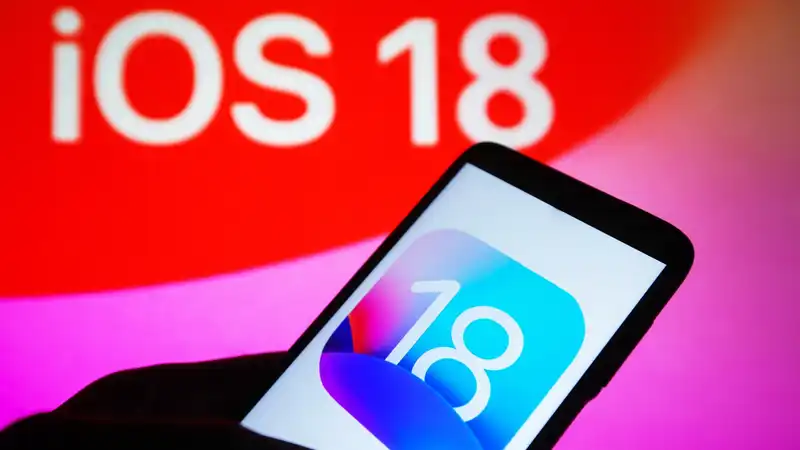Assuming Apple previews this year's iPhone software update at WWDC 2024 on June 10, we won't see iOS 18 for another six weeks But Apple may have already made a particularly wise decision about the iOS upgrade, assuming reports about the company's AI plans are accurate
As you may have already noticed, AI will be a major focus of iOS 18, as Apple seeks to introduce more artificial intelligence-powered features to its phones this year So Apple has a choice to make: will it seek help from the cloud to power these features, or will it use the iPhone's system-on-chip neural engine to run everything locally?
According to reports, Apple has already made its decision and will use on-device AI in iOS 18 If true, that says a lot about what Apple hopes to accomplish with this year's update
Cloud-based AI would likely have meant more extensive functionality on the iPhone But it would have sacrificed two things that Apple values in the iPhone experience: responsiveness and privacy Or, as Bloomberg's Mark Gurman puts it, with on-device AI, "Apple's AI tools may be a bit less capable and knowledgeable in some cases (the company can fill that gap by partnering with Google and other AI providers) And it would also make it easier for Apple to maintain privacy"
The use of cloud servers will increase the processing power available for certain functions For example, owners of the Google Pixel 8 Pro can use the Video Boost feature to optimize the appearance of videos taken using the cloud However, such processing can take hours, compared to translation, transcription, and summarization on the device, which mobile processors can complete quickly
As for privacy, companies may take steps to protect the data being sent to the cloud, but the reality is that once the data leaves the phone, it is out of their control This is something Apple is sensitive to in other areas, and it is only natural that it would consider this for AI as well
There is another potential downside to choosing on-device AI features That is whether all the features Apple introduces in iOS 18 will work on all phones capable of running the new software rumors regarding iOS 18 compatibility suggest that devices dating back to the 2018 iPhone XR can run the new software update It has been suggested But will iPhones released 5-6 years ago have the processing power of the current iPhone 15 or the iPhone 16, which will be released at the same time as iOS 18?
Then again, it is not uncommon for older models to miss some features introduced in iOS updates iOS 17 introduced on-screen effects to FaceTime that can be activated with hand gestures, but this feature requires at least an iPhone 12 one would imagine that a similar feature with similar requirements will appear in iOS, whether or not it is AI-powered
So if Apple's decision to eschew cloud computing means that iOS 18's AI capabilities may not be as robust, what features will be available on the iPhone? In his report, Garman states that the AI in iOS 18 will not take the form of a chatbot - instead, it plans to "show how technology can help people in their daily lives"
Apple has already released several AI models to give us further insight into what it is thinking Most of these models are expected to contribute to Siri 20, a more powerful version of Apple's digital assistant that can handle more complex queries
What these mean for specific iOS 18 features is unclear, but iOS 18 rumors include, in addition to the promised Siri revamp, AI-generated playlists in Apple Music, Keynote slide creation, suggested text in Pages documents, Safari Browsing Assistant to help summarize web page content, and other features have been pointed out
Of course, the actual specifics regarding AI-driven features probably won't surface until Apple previews iOS 18 at WWDC in June Still, reports about Apple's decision to prioritize on-device features will serve to build anticipation for upcoming features And for now, the emphasis seems to be on responsive features that handle potentially mundane tasks with aplomb










Comments